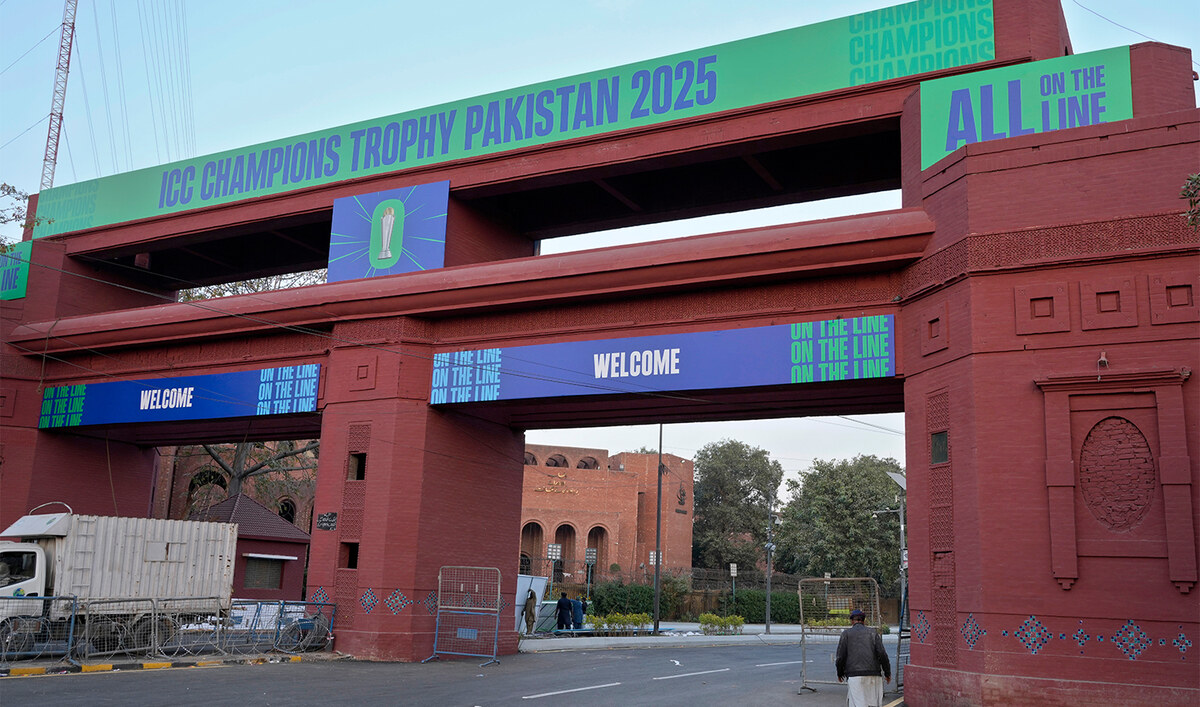MULTAN: The family of a doctor accused of blasphemy said Monday he was killed by police while in custody in southern Pakistan after he voluntarily surrendered following assurances that he would be given a chance to prove his innocence, denying a police account that he was accidentally killed in a shootout.
If true, it would be the second extra-judicial killing in a week, drawing condemnation from human rights groups.
Shah Nawaz, a doctor in Umerkot district of Sindh province, had gone into hiding last week after being accused of insulting Islam’s Prophet Muhammad (PBUH) and sharing blasphemous content on Facebook. Nawaz said someone had hacked his account and that he had not posted anything against Islam.
His family said he was arrested last Wednesday and killed hours later in a fake encounter with police. A mob also burned Nawaz’s clinic on Wednesday, officials said.
Police said Nawaz was killed unintentionally when officers in the city of Mirpur Khas signalled for two men on a motorcycle to stop. Instead of stopping, the men opened fire and tried to flee, prompting police to shoot, killing one of them, police said.
They said it was only after the shootout that officers learned that the slain man was the doctor being sought by them for alleged blasphemy.
“I want justice for my son who was killed when he was in the custody of police,” said Rehmat Kunbhar, Nawaz’s mother.
“We asked him to face an investigation after police assured us that he would be given protection,” she said by telephone. “I did not know that police would kill him,” she said, sobbing.
She said the posts on Facebook had continued after his arrest, showing that someone had hacked it.
Nawaz’s father, Mohammad Saleh, said a mob had snatched his son’s body after his death and burned it in front of him. “They sprinkled petrol on the body of my son and burned it, as I watched helplessly,” he said.
Police said they arrested nine people on charges of taking the body and burning it. Noor Mohammad, a police official who is investigating the case, said officers are seeking the arrest of more than 100 people who were involved in the violence that erupted before and after Nawaz’s arrest.
On Friday, authorities suspended the policemen who had opened fire and killed Nawaz, who were applauded and showered with rose petals by local residents after the killing.
Members of civil society visited Nawaz’s village on Thursday and met with his family and put flowers on his grave in a sign of respect and support.
“We are terrified and we cannot send our children to school,” said Niamat Bibi, Nawaz’s widow.
Accusations of blasphemy — sometimes even just rumors — can spark riots and mob rampages in Pakistan. Although killings of blasphemy suspects by mobs are common, extra-judicial killings by police are rare.
A week before Nawaz’s killing, an officer opened fire inside a police station in the southwestern Pakistani city of Quetta, killing Syed Khan, another suspect held on accusations of blasphemy.
Khan was arrested after officers rescued him from an enraged mob that claimed he had insulted Islam’s prophet. The police officer who killed him, Mohammad Khurram, was quickly arrested. However, the family of the slain man later said they pardoned the officer.
Under Pakistan’s controversial blasphemy laws, anyone found guilty of insulting Islam or Islamic religious figures can be sentenced to death — though authorities have yet to carry out a death sentence for blasphemy.



















